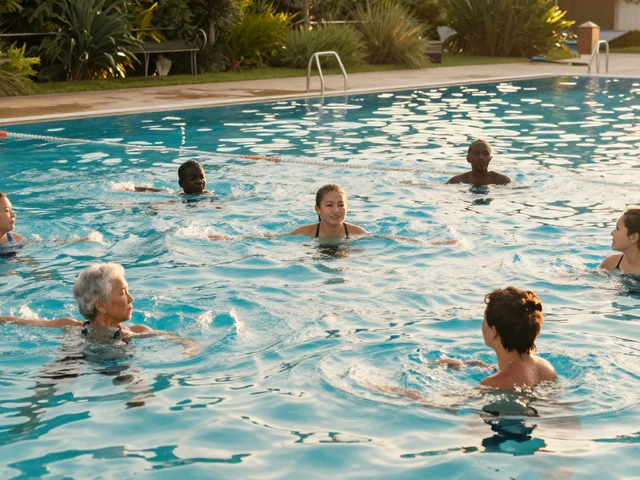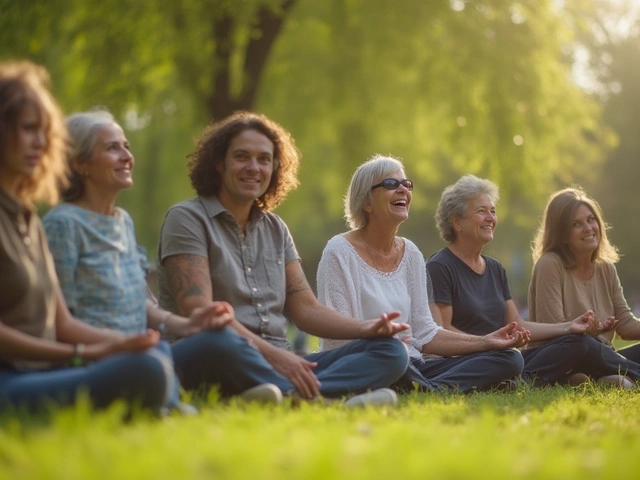Sleep Aid: Practical Ways to Fall Asleep Faster and Sleep Better
About one in three adults struggles with sleep on a regular basis, and that frustration often leads to worse nights. If you want a real sleep aid that works tonight and over time, try a mix of short, simple habits and a few natural tools.
Quick steps you can try tonight
Turn your bedroom into a sleep zone: cool, dark, and quiet. Shut screens at least 60 minutes before bed and dim lights. Skip caffeine after mid afternoon and limit heavy meals late at night. Try a short breathing routine like 4-7-8 for three cycles, or progressive muscle relaxation for five minutes. Use lavender or mild aromatherapy, a light massage, or a warm shower to cue your body that sleep is coming.
Long-term habits that improve sleep
Set a consistent wake time, even on weekends, and expose yourself to morning light within an hour of waking. Regular daytime movement helps sleep, but avoid intense workouts within two hours of bedtime. Pay attention to digestion and gut health; bloating or reflux wrecks sleep. Eat lighter in the evening and reduce alcohol; that buzz can fragment sleep later in the night. Mindfulness, gratitude practice, or short evening meditation can calm the racing mind that keeps you awake. Apps and simple programs make consistency easy — try an app from our mindfulness list, or use a guided body scan for twenty minutes. Massage and targeted therapy help if tension or soreness wakes you; sports massage promotes circulation and can reduce night pain. Herbal aids like chamomile or valerian help some people, and small amounts of turmeric for inflammation may support sleep for others. Keep a sleep log for two weeks to spot patterns and fix what actually matters.
If you still struggle despite trying these steps, talk to a health professional — persistent sleep loss affects mood, memory, and safety. Ask about cognitive behavioral therapy for insomnia (CBT-I) before long-term sleeping pills; CBT-I changes habits, not just symptoms.
Use resources across the site — articles on relaxation, meditation, gut health, and sports massage offer practical fixes that often improve sleep without pills.
Simple, testable routines that help:
Routine A — 20-minute wind-down: dim lights, put your phone away, five minutes of slow breaths, then read a paper book for ten minutes.
Routine B — movement earlier: thirty minutes of light exercise before dinner, cool shower, gentle stretch, and bedtime at the same hour.
Routine C — calm mind: write three brief gratitude lines, a five-minute body scan, and a cup of warm herbal tea.
Track sleep quality not just hours. Rate how you feel each morning and tweak one habit at a time. Small, consistent changes beat big, short-term fixes — try one routine tonight and adjust over two weeks to see real progress.
If pain or medical issues disturb sleep, ask your doctor about targeted treatments and consider combining therapy, lifestyle changes, and hands-on care for best results. Start small. Stay consistent.
Aromatherapy: The Perfect Solution for Insomnia
Aromatherapy might just be your ticket to dreamland if you're wrestling with insomnia. By using essential oils, you can create a calming environment that helps settle both your mind and body. Learn effective ways to use scents like lavender and chamomile to wind down. Discover how scent can significantly impact mood and sleep. Say goodbye to restless nights with these soothing tricks.
View More





